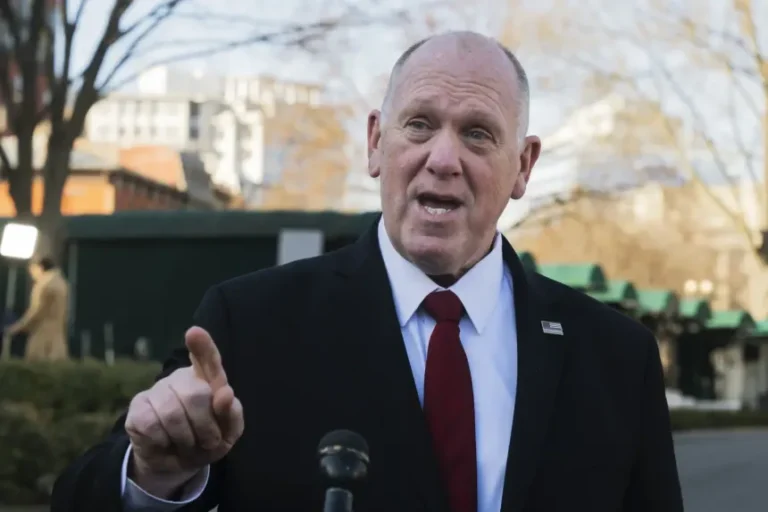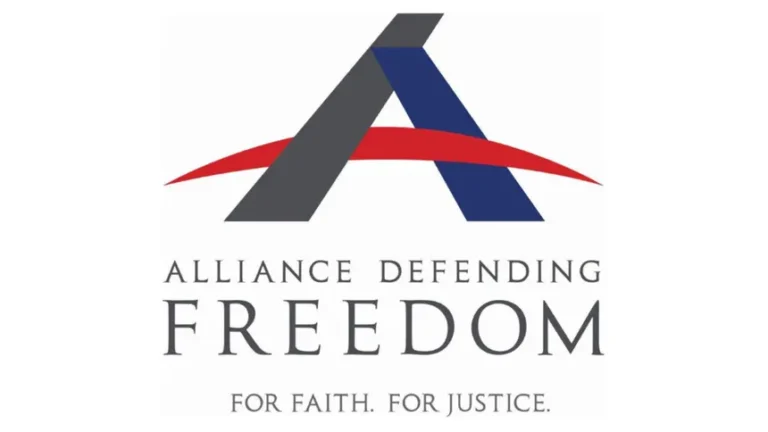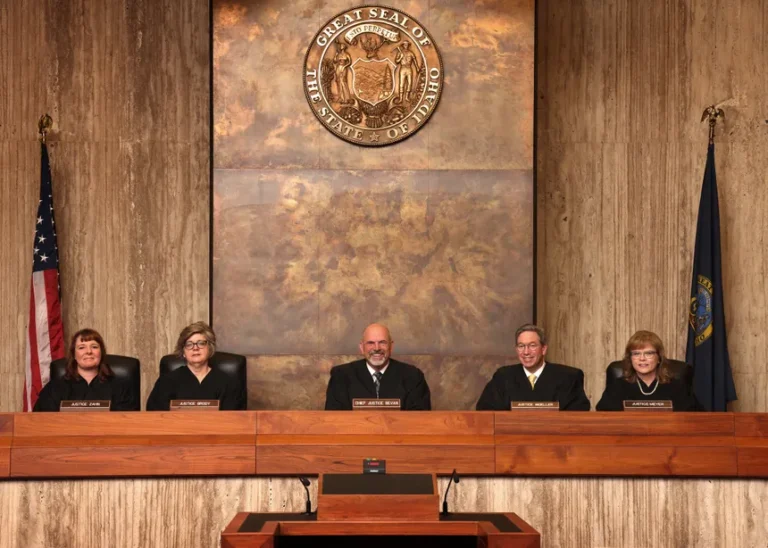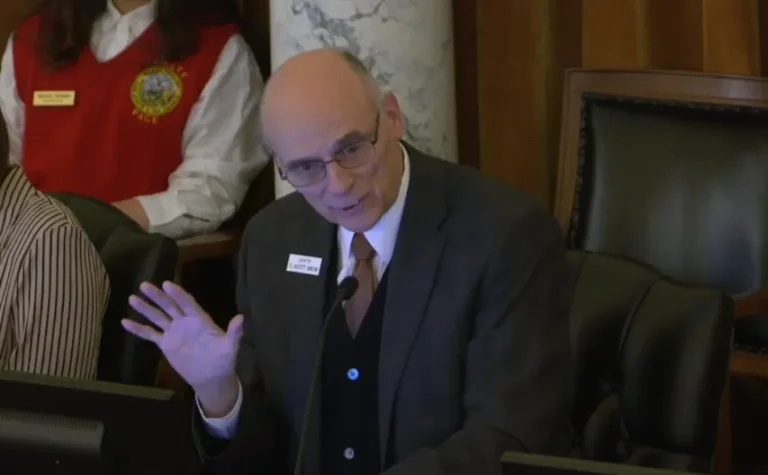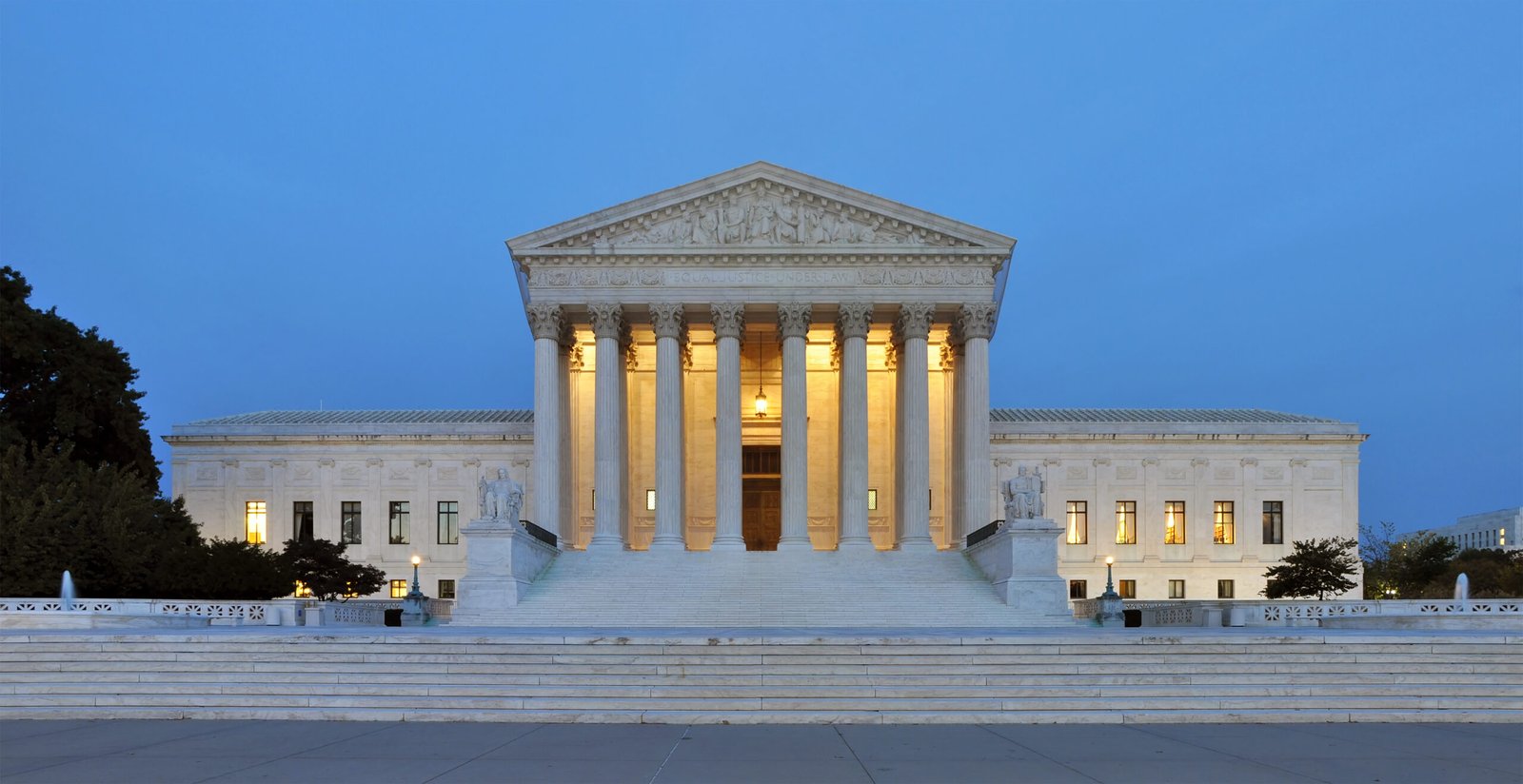
The U.S. Supreme Court ruled unanimously Thursday in favor of Marlean Ames, a straight woman who alleged she faced job discrimination after being passed over for two positions at the Ohio Department of Youth Services in favor of gay colleagues. The decision eliminates a higher legal burden previously applied to majority-group plaintiffs in nearly half the country’s federal circuits.
Justice Ketanji Brown Jackson, writing for the court, stated that Congress “left no room for courts to impose special requirements on majority-group plaintiffs alone,” affirming that the Civil Rights Act of 1964 protects all individuals equally from workplace discrimination, regardless of group identity.
The ruling overturns a lower court’s dismissal of Ames’s claim, which had required her to prove “background circumstances” — a higher bar to show that her employer was unusually biased against non-minority individuals. Ames had lost her position in 2020 to a younger gay man, and was also passed over for another job filled by a lesbian coworker whom she said was less qualified.
This decision could reshape how employment discrimination cases are evaluated going forward, removing a double standard that critics said undermined the principle of equal protection.
Although the case does not challenge any specific DEI program, it arrives amid heightened scrutiny of such initiatives, particularly from President Trump’s administration, which has moved to investigate DEI practices across federal and private sectors.
The Court’s ruling sends Ames’s case back to the lower courts for reconsideration under the new, uniform standard.
